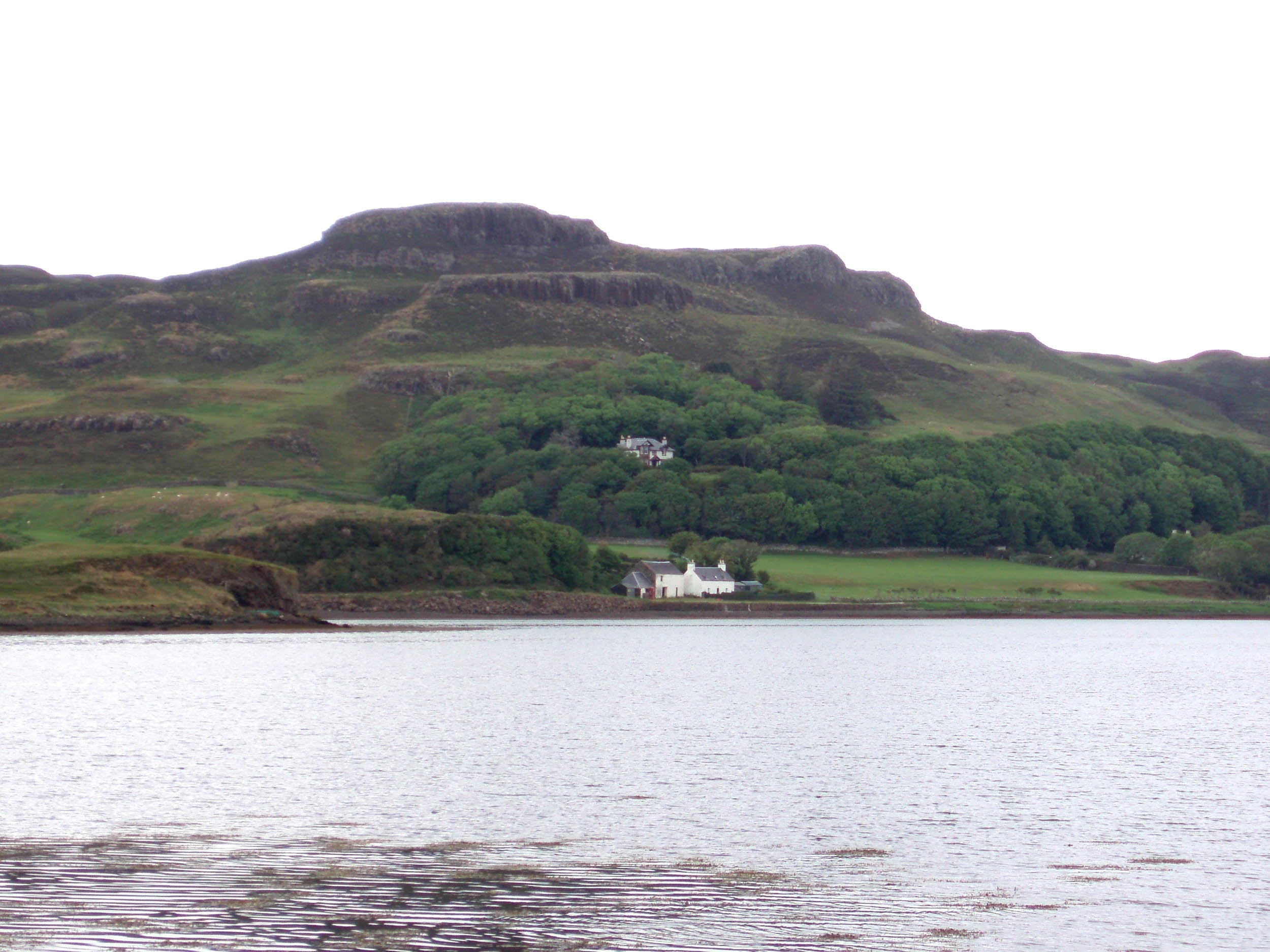Islanders have spoken of their relief after specialist marksmen reclaimed their Hebridean hideaway from an infestation of rabbits.
The gunmen slaughtered 9,000 of the animals on Canna and sold the carcasses at £1 a time to restaurants in France.
The cull was ordered after the population exploded out of control following a previous £600,000 blitz on the island’s rats.
Rabbit numbers had risen so high that their burrowing and eating habits were causing serious damage, so a team of six men were hired to spend three months on the Hebridean island, armed with traps, dogs, ferrets, shotguns and rifles.
The carcasses were packed in a refrigerated van 1,500 at a time and transported more than 1,000 miles to the dining tables of the continent.
However, 10 months after the cull started an estimated 7,000 rabbits remain and a solitary marksman is still on Canna picking off the survivors.
The National Trust for Scotland (NTS) hired Edward Cook from Hampshire-based Evergreen Rabbit Control to take back the island.
He said it had been a challenging task – not least because of the weather and the animals’ fearless approach to his ferrets.
“The rabbits on the islands have evolved differently,” he said.
“They show no fear of ferrets. They didn’t bolt.
“Traditionally the ferret chases them from the holes into nets. But they were not scared of ferrets to a degree.
“Then there were all the logistical problems of being on the island. If the weather turned rough there were problems getting on and off the island and the rabbits didn’t come out.”
Mr Cook said it had been one of the biggest rabbit culls in UK history.
“They had done quite a bit of damage,” he added.
“It has made a massive difference. The island looks green again.”
Colin Irvine, proprietor of the Tighard Guest House on Canna, said the rabbit infestation on the island had got out of control – and had even caused a landslide.
“It was pretty bad. You could see the hills moving,” he said. “They were eating everything in sight.”
A spokeswoman for the NTS said the cull had cost somewhere between £5,000 and £10,000 so far.
“This was done for conservation reasons because of Canna’s special habitat,” she added.
